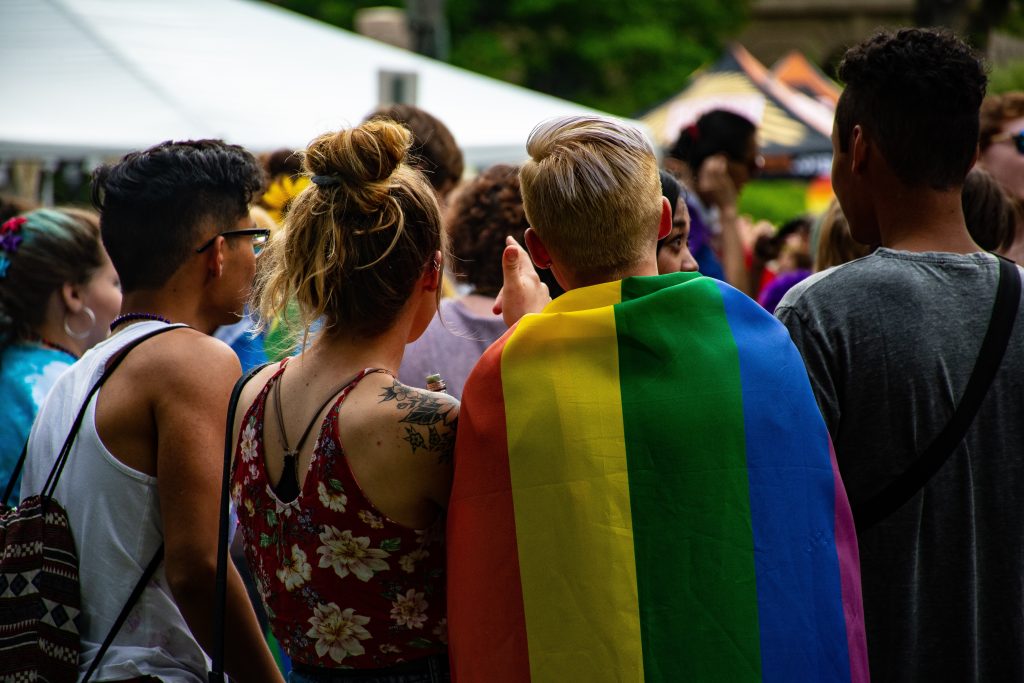
June is LGBTQ Pride Month in the United States. Throughout the country, members of the LGBTQ community are celebrating their identities and their histories. However, there is also an uptick in romance scams on dating apps devoted to the LGBTQ community. Rather than the talk-show topical model of romance scam in which the scammer earns the affection of the victim and then repeatedly asks for money for support, there is something more sinister in these LGBTQ dating app scams: Extortion.
What Does a LGBTQ Scam Look Like?
Most LGBTQ dating apps are aimed at gay and trans men, but there are a few that are marketed towards lesbians and trans women. Online dating in the LGBTQ community has its own set of unique and terrifying aspects, but just like heterosexuals, the threat of having intimate conversations and photos shared with friends and family is always a strong motivator in an extortion case. LGBTQ dating app scams can seem very much like those aimed at the straight community—two strangers connect on a dating app, begin chatting, and when the conversation becomes intimate, they exchange photos. Once the scammer has intimate photos of the victim, the extortion begins. The scammer may threaten to send the photos to friends, family, or even your employer unless their financial demands are met.
How to Stay Safe
Sometimes the threat can go even deeper if the victim is “closeted,” in the sense that their sexual orientation is not public knowledge. There are countless horror stories of LGBTQ individuals who have endured the process of being “outed” before they are ready—being disowned by their families and friends, having their identity made public without a support system, and being subjected to online bullying and harassment. While these cases can have many relevant factors, the tips for protecting yourself against them remain the same:
- Never share personal information with someone you just met on an online dating app. This includes your cell phone number, personal photos, email address, or social media profiles.
- Always verify the person’s identity by conducting due-diligence. Run the person’s profile picture through a reverse image search to ensure their photo is only associated with one online identity. If you see repeating patterns in the series of photos displayed on their various profiles, this could also be a red flag.
- Check large swaths of their writing against scammer websites. There are a handful of websites devoted to exposing the vernacular of known online scammers by compiling their pre-written responses into a database.
- Never pay scammers to destroy photos or to delete conversations. Scammers will always ask for more money once they’ve received the first payment, and there’s no guarantee they will destroy the evidence.
If you have spotted or been the victim of one of these LGBTQ dating app scams, report it to the FTC at ReportFraud.ftc.gov.
